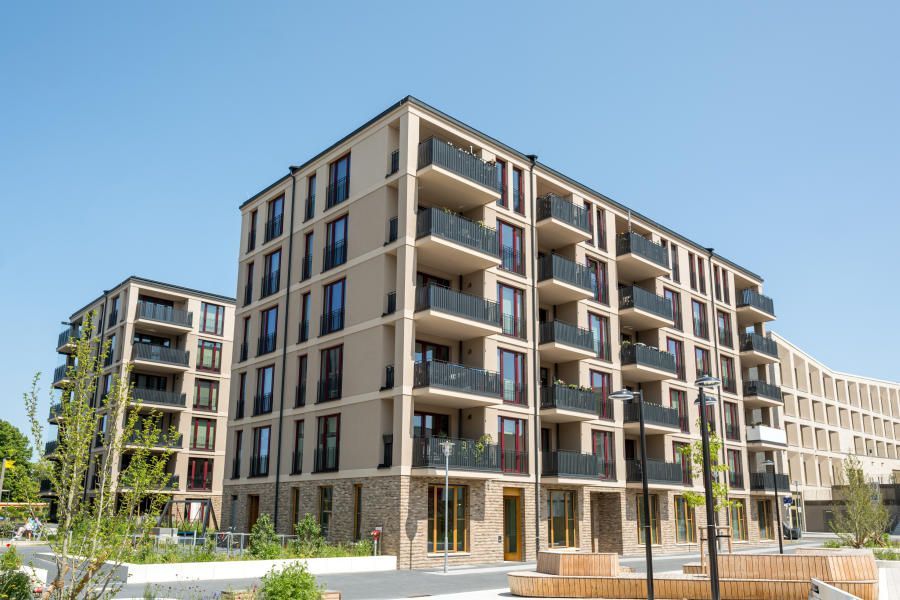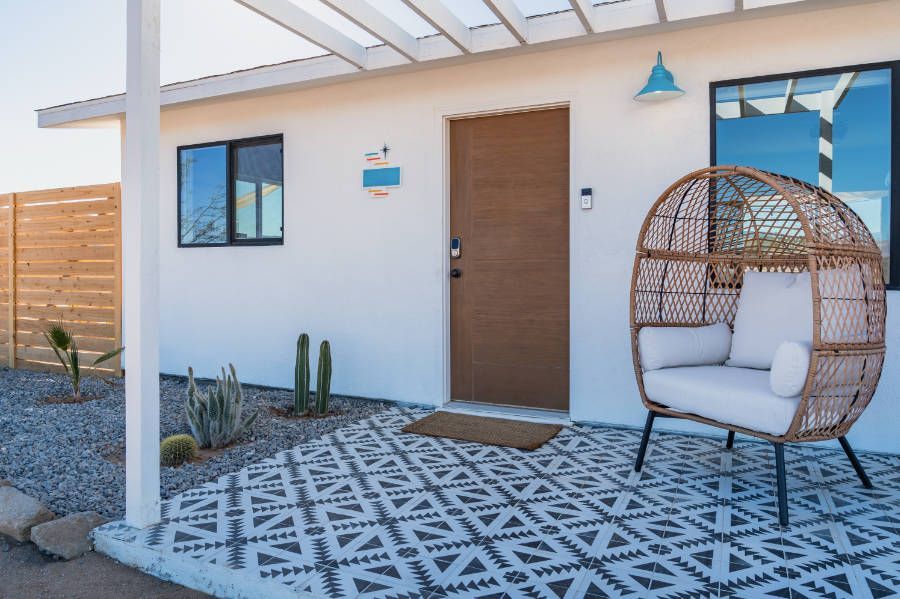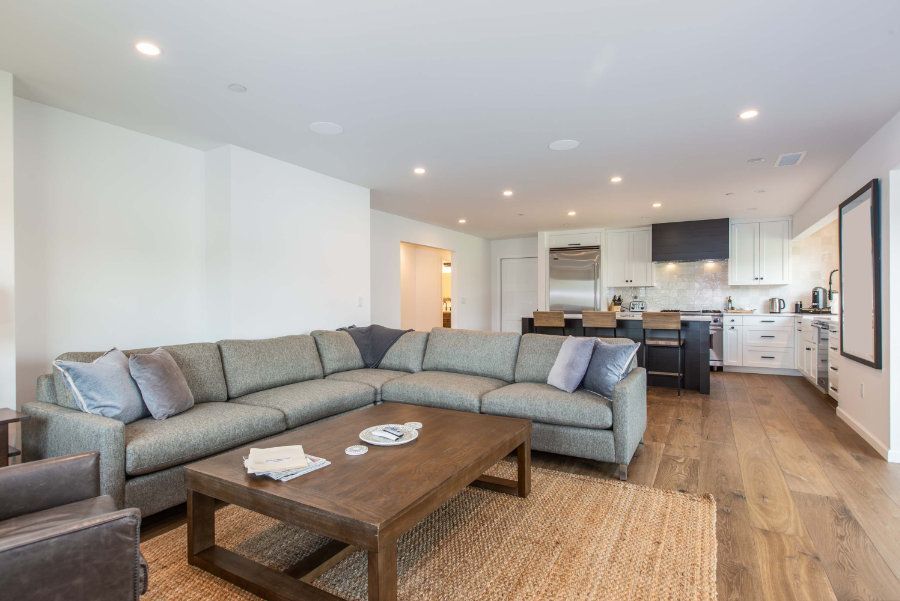5 Reasons Managing Condos is Different Than Managing Single Family Homes

Property managers must be skilled and equipped with the knowledge and resources to manage different rental properties. Condominiums, for example, offer a number of benefits, especially for investors looking to expand their portfolio without breaking the bank. Although similar, there are many differences between managing condos and single-family homes.
In today’s article, we’ll discuss some of the differences between managing
condos and single-family homes.
Maintenance
As the landlord of a single-family home, you’re responsible for fixing most of the repairs required to maintain the house in a habitable state. This can be expensive, especially in older homes with outdated core systems like electrical, plumbing, and HVAC. Depending on the amenities provided to the tenant, you may also be responsible for fixing or replacing appliances. Other maintenance you’d be responsible for include pest control, windows, doors, and paint, just to name a few.
Condominiums, on the other hand, have an association that takes care of the majority of maintenance. This association requires owners to pay monthly dues, similar to an HOA. Management will take care of exterior landscaping, paint, and other cosmetic maintenance items. As well as repairs like leaks, electrical problems, and other significant issues. This fee can fluctuate depending on inflation and the general cost of living increase. Many owners don't mind the investment if it means peace of mind.
Vacancy Rates
Although the demand for housing in Long Beach is high, there is a larger demand for condos and apartments than single-family homes. Each person may have their own reason, though some of these can include amenities such as gyms, pools, and safety features. While some prospective tenants may want to rent a house for privacy or more space, this isn’t the case for everyone.
This does mean, however, that you’ll have less time to prepare a
vacancy
for the next tenant when compared to a single-family home. However, this is generally a good problem to have.
Flexibility
As previously stated, most condos have a homeowners association tied to them. This means you’re limited in how you modify or renovate the living space. This includes both the condo's interior and exterior, making it challenging to stand out. You may also be restricted in allowing pets in the rental, the amount of noise coming from the condo, or the use of the common areas for your tenant.
While single-family homes are more expensive, you can change nearly everything about the house however you see fit, assuming the house isn’t located within an HOA. Additionally, depending on the size of your rental property, you can construct an ADU from the ground up or convert an existing garage to maximize your rental income without investing in a new property.
Security
Condos, like apartments, foster a sense of community and safety because of their shared spaces. Many condos also offer security features such as surveillance cameras, security entrances, and occasionally an on-site security guard.
Compared to single-family homes, in order to have a similar sense of security, the owner may need to invest in security systems such as cameras, motion-sensor security lights, and a security system like ADT or SimpliSafe.
Both condos and single-family homes offer several benefits and risks. However, if you feel like condos are your preferred investment or need help managing your Beach City rental property, we invite you to call us today at (562) 888-0247 or fill out our
Owner Application online.





